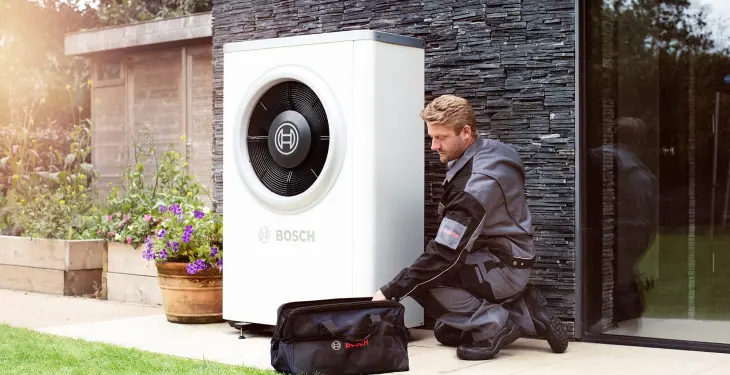
Get a boiler servicing quote in seconds with prices from just £99 — plus, spread the cost with Klarna.
Get pricesThe easiest way of getting your boiler serviced, starting at £99.
Answer a few simple questions about your boiler, (don’t worry, it only takes 20 seconds).
Start hereChoose a preferred and alternative service date you'll be available and checkout securely online.
Pop the kettle on, we’ll take it from here. Our team will be in touch to confirm your service and time slot. One of our expert engineers will then attend to service your boiler.

Approved engineers
Saving you time
No nasty surprises
Fixed online prices, with easy and fast servicing.
Our dedicated after care team are as experienced as they come, and fully devoted to assisting you with any queries.
Over 8,500 5-star reviews - a testament to our expertise, performance and dedicated service.
Choose Klarna at the checkout to help you spread the costs over 3 months.
An iHeat quote is stress-free, fixed price and literally takes seconds.
We operate a nationwide network of Gas Safe registered heating engineers, we only deploy local engineers.
Meet our expert management team who ensures you a smooth service every time.
Ops Director

Ops Manager

Customer Service

After Care

All of our iHeat engineers are friendly, insured, qualified and highly skilled.
Some of what we get asked the most.
Read our in-depth guides and expert reviews.

14th November 2025
Advice
A boiler power flush in the UK typically costs £300 to £600. It’s a one-time cle...

14th November 2025
News
The Clean Heat Market Mechanism is a UK policy making boiler manufacturers sell...

12th November 2025
Guides
If your Alpha boiler is showing an error code, this guide explains what each one...
Getting a quote takes less than 20 seconds, select your type of boiler.
Start your quote